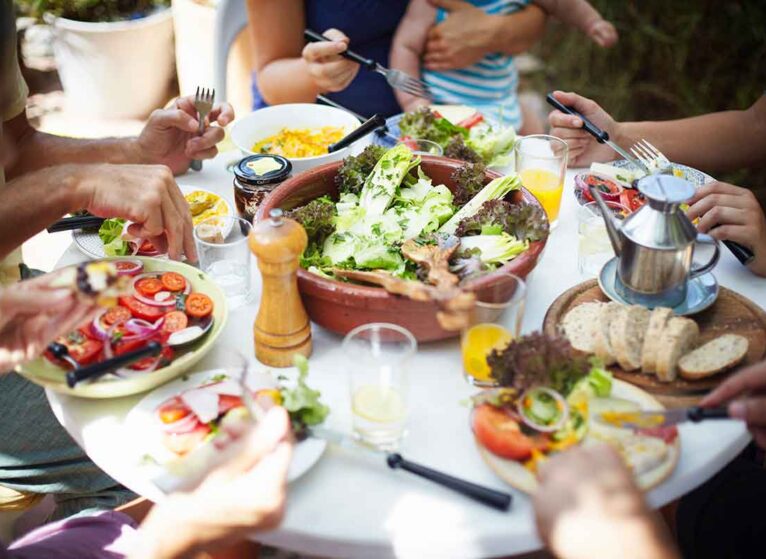Around 11% of Americans have high cholesterol, a condition linked to an increased risk for heart disease and stroke. If you’re 1 of the millions of people struggling to get your cholesterol under control, it’s possible that plant sterols and stanols can help.
This natural and effective option can lower your low-density lipoprotein cholesterol (LDL) levels by up to 12%. The best part? Plant sterols and stanols naturally occur in many of the foods we eat every day.
Keep reading to learn:
- What phytosterols are and how they work
- What foods contain sterols and stanols
- How you can get more phytosterols in your diet
What are Sterols & Stanols?
Sterols and stanols are in a group of plant compounds known as phytosterols. Naturally produced by plants, phytosterols are chemically similar to the cholesterol our bodies produce.
There are hundreds of different phytosterols, and they often play a starring role in a heart-healthy diet. Some studies suggest that phytosterols might also protect you from some cancers and diabetes.
What Foods Contain Phytosterols?
Plant-based foods are known to be part of a healthy diet. Sterols and stanols are already in many of these foods. You can also take them as a supplement.
Foods that are naturally high in phytosterols include whole-grain options like bread, pasta, crackers, and cereals. Fruits, vegetables, and beans are also a great source of phytosterols, as well as some oils, like olive or sunflower. Milk and yogurt can also contain them. Some foods, such as margarine and juices, have sterols added.
As you can tell, you’re probably already eating some sterols and stanols. However, health experts recommend 2 grams of phytosterols per day to lower your cholesterol. Most of us eat far less than this amount.
To reach this goal, you can either:
- Boost the number of plant-based foods you eat
- Take a supplement
Either one will work. But note: You should always talk to your provider about any supplements you take, including sterols. You don't want to take something that could interact with your other medicines or cause other health problems.
How Sterols & Stanols Can Reduce Your Cholesterol
Phytosterols are similar to the cholesterol produced by your body. That also means they change how your body deals with the cholesterol it makes from the foods you eat.
While it might seem odd that adding more of a cholesterol-like compound to your diet reduces your levels, phytosterols actually have a big impact. That’s because they trick your body into absorbing them as cholesterol, and your body gets rid of its own cholesterol as waste, reducing your overall levels.
Phytosterols don’t seem to have an impact on your levels of heart-protecting high-density lipoprotein (HDL) cholesterol.
When to Use Plant Sterols
When you add phytosterols to your diet, it’s a good idea to track how much you’re eating. If you’re still falling short of the daily goal of 2 grams, adding a supplement can help. If you decide to take a supplement, they seem to work best when taken with food.
Eat Your Heart Healthy
The best way to treat heart disease is to avoid it.
Can Sterols Replace Your Cholesterol Medicine?
The short answer: No. You shouldn't count on sterols to replace any cholesterol-lowering prescription medicines you’re taking. Phytosterols are more effective when used together with prescription medications. Phytosterols are not an option for people with some specific heart conditions.
Beyond Food
You have a range of natural ways to lower your cholesterol. Reducing your cholesterol levels protects your overall heart health. But having a healthy heart means other things, too: exercising regularly, quitting smoking, maintaining a healthy weight, and reducing your stress levels. Other natural options exist. See more resources on heart disease prevention.

